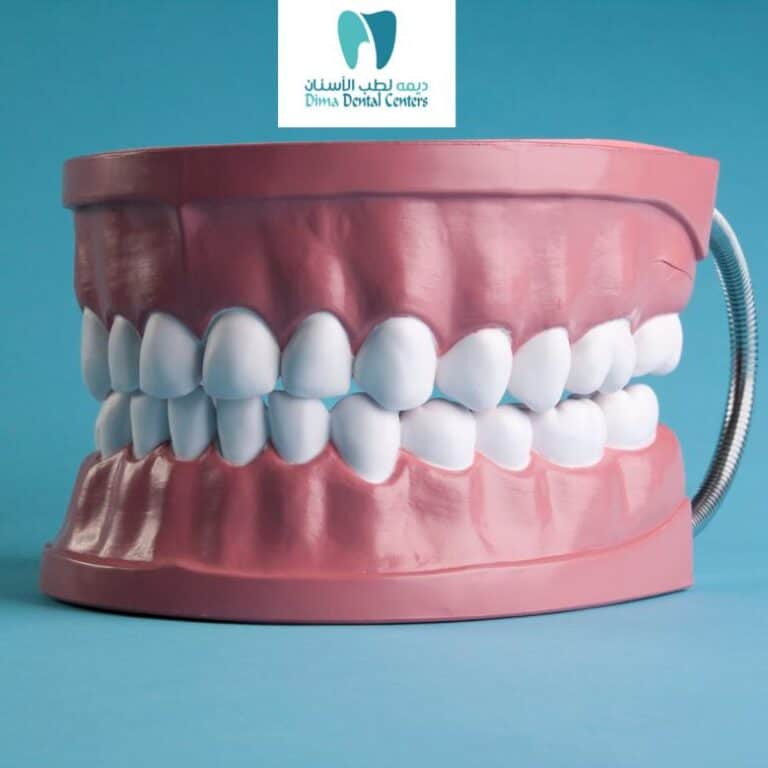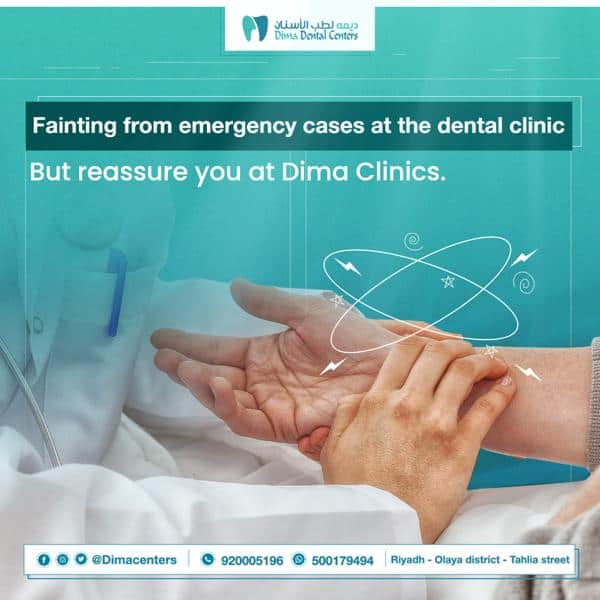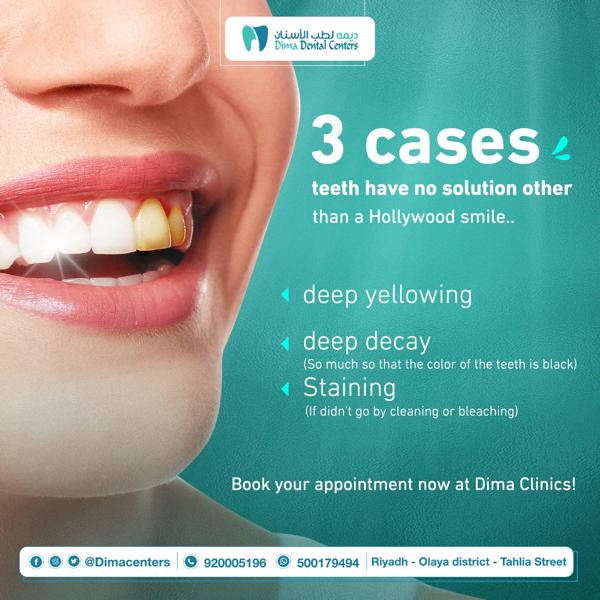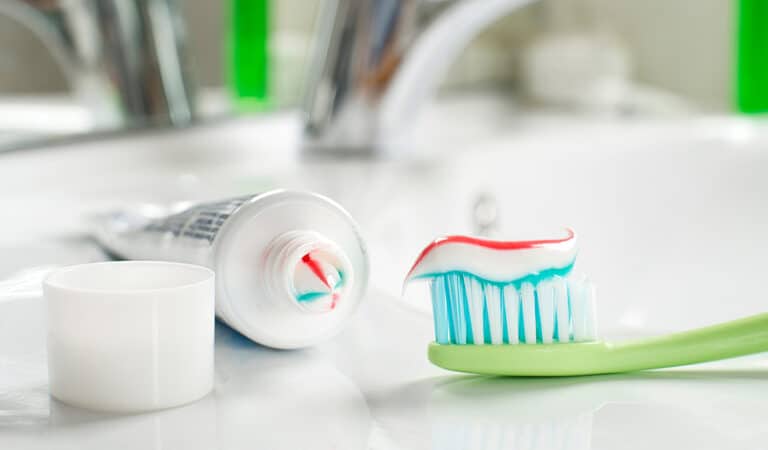Tooth abscess and its treatment
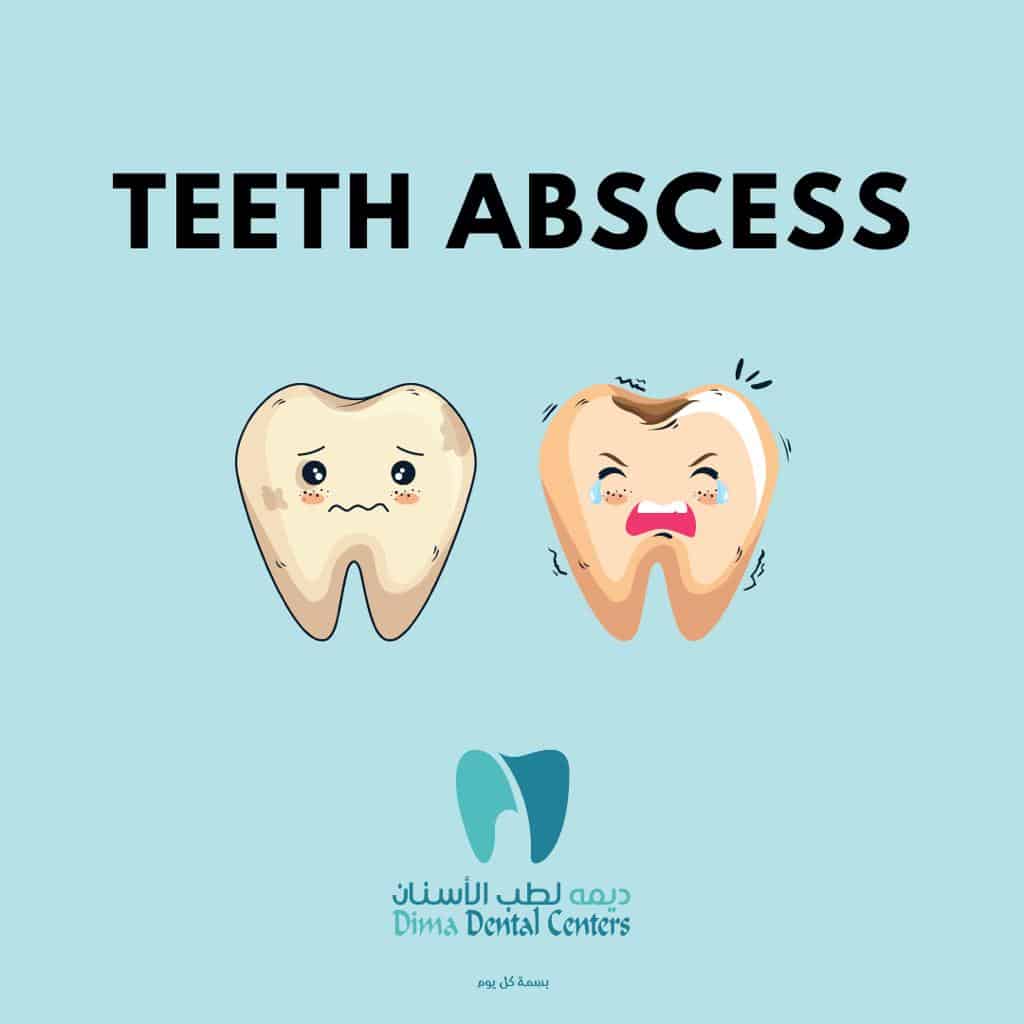
A tooth abscess is a collection of pus at the base of a tooth or in the gum line caused by a bacterial infection. A dental abscess is usually very painful and requires treatment by your dentist as soon as possible to prevent the spread of infection and relieve the pain. There are two types of dental abscess, apical dental abscess The other is a periodontal abscess that is located in the gum near the alveolar bone, often a complication of an untreated periodontal pocket.
What causes dental abscesses?
An apical tooth abscess often results from untreated tooth decay. If left untreated, the cavity and its bacteria develop into the tooth’s pulp (which contains nerves and blood vessels), bacteria will colonize this interior and go to the end of the root where it can lead to Abscess formation. A periapical dentinal abscess can sometimes be caused by a tooth fracture or major trauma to the tooth that leads to gradual caries and the appearance of an abscess over time.
Periodontal abscesses are often associated with untreated gum disease where bacteria in the periodontal pockets are responsible for the appearance of a dental abscess. Sometimes, a periodontal abscess arises from an accident of wisdom tooth development. When it penetrates the gums, a favorable space is created for the accumulation of food residues, which can cause This space then becomes a nest for bacteria where their spread is rapid and significant.
How does a tooth abscess start?
A tooth abscess can come from either a gum problem or a dental problem, in both cases, when a tooth abscess begins, we are in the presence of germs trapped inside, on the edges or at the end of the tooth, under the influence of various factors known or unknown, the tooth abscess It will “flare up”, that is, progress, slowly or quickly, silently (without pain) or symptomatic (with pain).
What are the symptoms of a tooth abscess?
At the time of emergency treatment by your dentist, the clinical picture will be different depending on the type of dental abscess:
Symptoms of apical tooth abscess
- Severe pain and a feeling of warmth in the affected tooth
- Edema (swelling) of the gums and face
- Bad taste in the mouth and bad breath
- Tooth hypersensitivity
- Chewing pain
- Possible fever
- Lymph node growth
Gum abscess symptoms
- Gums appear red, soft and painful
- The gums are characterized by edema
- Bad taste in the mouth and bad breath
- Purulent discharge
- Severe pain when chewing
What treatments should be considered for a tooth abscess?
The most important thing is to consult your dentist urgently if you think you have an abscess, whether it’s around the apex or the gum, your dentist will assess the type of tooth abscess and perform emergency treatment and possibly a prescription to ease your condition and prevent the spread of infection, second name, background treatment will be done.
If the dental abscess is around the apex, emergency treatment may include draining the abscess, opening the inside of the tooth, and prescribing painkillers and antibiotics. To treat your teeth permanently, your dentist will suggest that you proceed with root canal treatment (removal) or resume treatment if your tooth has already been removed. This endodontic treatment can be performed on the same day or during a second appointment depending on the clinical picture. If the damage is very significant, your dentist may need to consider extracting the affected tooth.
If your abscess is related to the teeth, the immediate treatment will depend on how advanced your dental abscess is. In the acute stage, your dentist will be able to drain it and prescribe antibiotics to reduce the infection. Then, in the second step, your dentist will have to consider managing gum disease to get rid of the infection. Periodontal pockets, in severe cases, with excessive bone loss, extraction of the affected tooth may be indicated.
What are the risks if not treated?
In the absence of treatment, a tooth abscess, around the apex or gums, will not stop its progression although symptoms are not always present. Among the complications that do occur, your dentist would like to alert you to the main risks involved:
Sinus infections
Loss of the affected tooth
Sepsis (large bacterial secretions in the blood with potentially serious consequences)
Inflammation of the heart
Ludwig’s angina (a serious respiratory infection)
How to prevent the emergence of a tooth abscess?
To prevent a tooth abscess, your dentist will advise you to:
- Maintain excellent oral hygiene: 2 to 3 times a day, daily use of dental floss and regular examinations and expansion sessions.
- Quit smoking to take care of the gums.
- Treating cavities and gum disease as soon as the first symptoms appear.
What to do in case of a tooth abscess?
In the event of an abscess of dental origin, unfortunately for those who fear the dentist, the only effective treatment is to consult a dental surgeon, dentist, ENT specialist or the emergency department, in order to make as soon as possible the appropriate gesture accompanied by the appropriate prescription alone has never effectively treated a tooth abscess, only a comprehensive treatment can treat a tooth abscess and its cause.
What medicine should be taken for a tooth abscess?
Here are the steps for treating a tooth abscess:
- A soft tissue procedure, usually incision of a dental abscess when possible (but sometimes up to a bone scraping).
- Prescription adapted to the situation, (which can sometimes reach the hospital with an emergency infusion).
- Self-treatment with antibiotics does not treat a tooth abscess properly.
- Good to know: In the event of a dental abscess under the crown, you should also consult a dental surgeon quickly and above all do not attempt to treat a dental abscess alone without consultation.
Why are we sometimes successful in treating a tooth abscess on its own?
You may think that you cured a tooth abscess on your own because you self-treated with an antibiotic, for example, but we just “cooled” a tooth abscess, moreover, by cooling a tooth abscess by self-treatment, its severity increases significantly, which will be expressed either as Malignant by establishing a distant pathology, or noisily during the subsequent eruption of a dental abscess (which would then be more difficult to treat).
Is there a special profile for patients prone to cysts?
In general, a tooth abscess occurs in people who are afraid of the dentist and neglect regular follow-up, work overburdened and do not take the time to perform dental care, or who have stopped a series of dental care, dental abscesses can be found in people who suffer from stress and fatigue Fragility and immunodeficiency, or those with a particularly complex medical or dental background, but one day everyone may be affected by this problem, man or woman, adult or child.
Finally, dental abscess is a real disease that must be treated appropriately as soon as possible, and you must do everything in your power to get treatment for this dental abscess and its cause as soon as possible.


